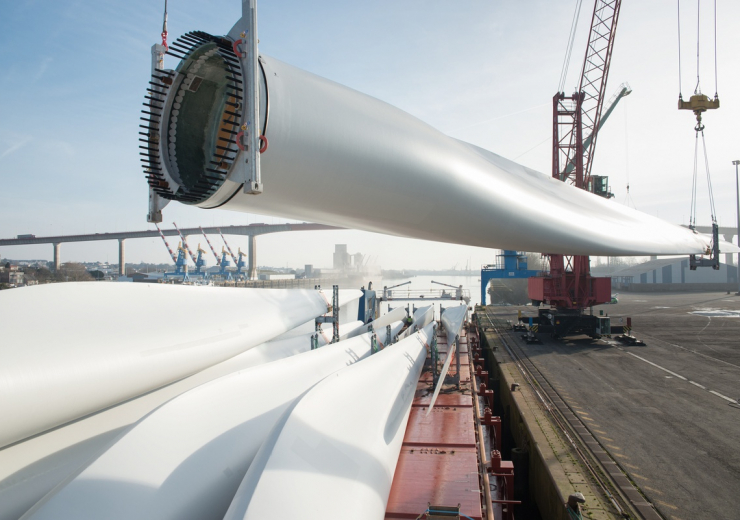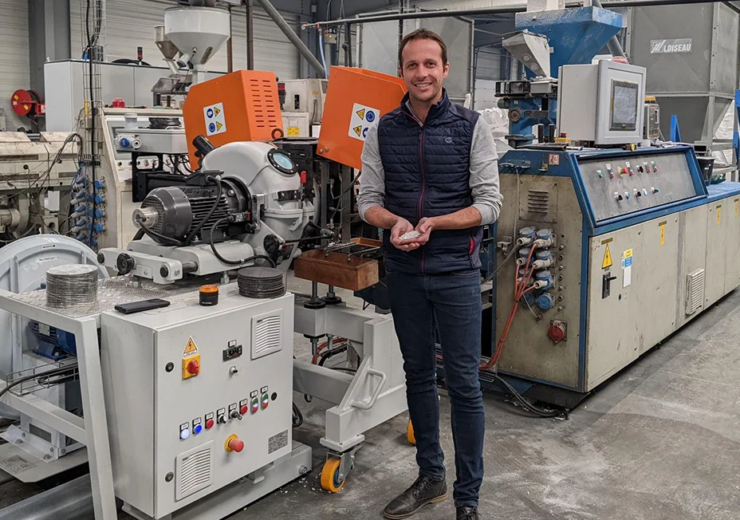Atlantic France is advancing in sustainable mobility, by focusing on practical and environmentally friendly transportation solutions. Below are various examples of innovative projects which are being led in the region.
Atlantic France’s commitment to eco-conscious transportation is evident through a variety of initiatives. These include Eprom’s innovative electric motocross bikes, Kate’s compact K1 electric car for urban commuting, and the efforts of Gruau and Scania in developing eco-friendly public buses.
These projects collectively mark a significant shift towards more sustainable transportation methods in Atlantic France, addressing environmental concerns and exploring new possibilities in the automotive sector.
ePROM: electric motorcycles
ePROM stands for electric Powered Racing Offroad Motorcycle. The project is contributing to the evolution of the motocross industry with its project to transition traditional motorcycles to electric models. Using the Honda CRF 450 cc as a starting point, Eprom aims to maintain the performance of a traditional motocross while integrating sustainable technology.
This initiative focuses on an eco-friendly approach, using lithium-ion batteries and aiming for competitive certification. Eprom strives to provide an environmentally friendly option while preserving the essential elements of motocrosses.
Kate’s mini electric car
Kate is addressing urban mobility challenges with its K1 micro-electric car. The K1 is designed for urban efficiency and convenience, offering a 200 km range, and is suitable for city commuting.
This affordable and compact vehicle represents a step towards sustainable urban transport. Kate is focused on producing these vehicles in the Vendée department, which highlights its commitment to local automotive development and innovation.
Webasto’s charging stations
The French subsidiary of the German group Webasto, based in Saint-Viaud (Atlantic France), is experiencing double-digit growth thanks to its advanced charging stations. These stations are designed to be functional, innovative, and efficient, catering to various e-mobility requirements. They offer high performance, ease of use, and adaptability for a range of settings, from private residences to public areas and businesses.
The increasing adoption of electric vehicles highlights the need for reliable charging infrastructures. Webasto’s solutions address this need by offering a seamless charging experience with the latest technology, ensuring efficient and safe charging for all electric vehicle types. The Webasto Unite solution enables remote management of the charging points and real-time access to charging data.
Electric and biogas buses by Gruau and Scania
Gruau pioneered the electrification of commercial vehicles with the retrofitting of a minibus in 2006. The company keeps on working to modernise public transport with electric buses which are retrofitted at Gruau’s Le Mans facility. Gruau is also adapting vehicles for professionals, such as light medical vehicles and fire ambulances.
Scania France, based in Angers, has delivered the first of its 63-seater Fencer 6 buses, which are designed for school transport. They run on biogas or biodiesel.
Overall, the initiatives in Atlantic France demonstrate a significant effort in promoting sustainable mobility, positioning the region as a proactive participant in the broader transition towards an environmentally conscious automotive industry.
Atlantic France is your place to be if you are planning to invest in the mobility of the future. Contact us now to receive help with planning this investment successfully.


 日本語
日本語  Français
Français 



